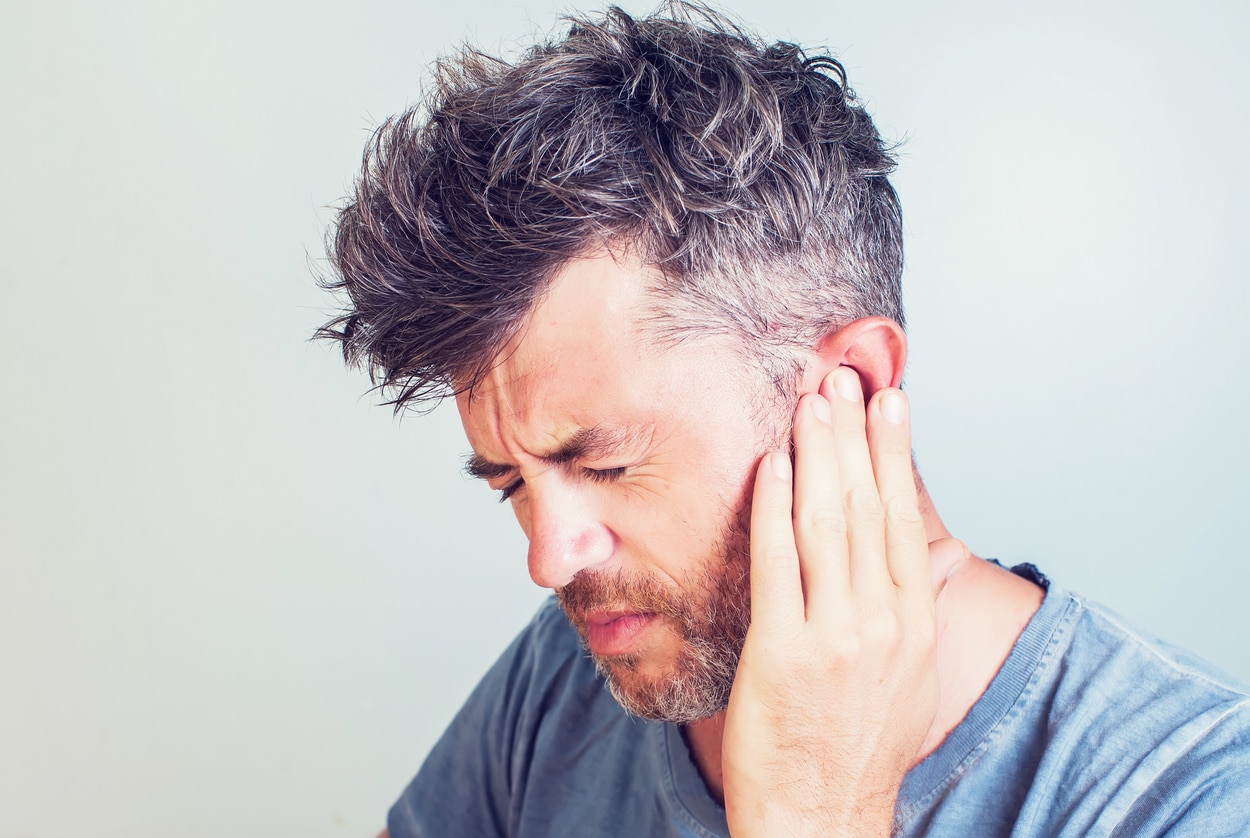The most obvious sign of hearing loss is difficulty hearing. But since hearing loss is a progressive condition, meaning it develops slowly over time, you may not even realize you’re having trouble following the conversation until your hearing loss has progressed beyond an easily-treatable stage. Below are some other signs of hearing loss to look out for that may surprise you.
Ringing in the Ear
One of the earliest signs of hearing loss is tinnitus, a condition marked by a phantom ringing, whistling, buzzing or hissing sound in the ear. The delicate hair cells in your inner ear, called stereocilia, are responsible for converting soundwaves into energy that the brain interprets as sound. If these hair cells become damaged, they can misfire, causing tinnitus symptoms.
“When it’s quiet, you may start to hear a low-level buzzing or ringing sound in the background. When it becomes more noticeable and is more frequent or constantly there, that means you’ve damaged the nerves in your ear,” explained Robert L. Pincus, M.D., associate professor in the New York Medical College’s Department of Otolaryngology, and physician in private practice in the New York Otolaryngology Group.
Balance Problems
In addition to giving you the ability to hear, the inner ear is also responsible for helping you balance. Within the inner ear are three semicircular canals full of liquid; each is responsible for detecting a different type of directional movement. This information tells your brain where your body is in space. Damage to the inner ear that causes hearing loss may also contribute to balance issues.
In addition, “When people have trouble hearing, they spend so much effort trying to hear that simple things like balance get less of the brain’s attention,” according to Dr. Cherukuri, otolaryngologist in Chicago and founder of MDHearingAid.com.
Memory Issues
Research from Johns Hopkins has found that people with hearing loss are significantly more likely to experience cognition and memory problems. This could be in part due to social isolation that comes with hearing loss, in addition to your brain devoting extra energy to process sounds at the expense of your memory and cognition.
Dr. Cherukuri explains, “So much of memory is based on what you hear. It’s hard to remember things when you can’t hear.”
For more information about the symptoms of hearing loss or to schedule an appointment, call Tinnitus & Hearing Experts today.
